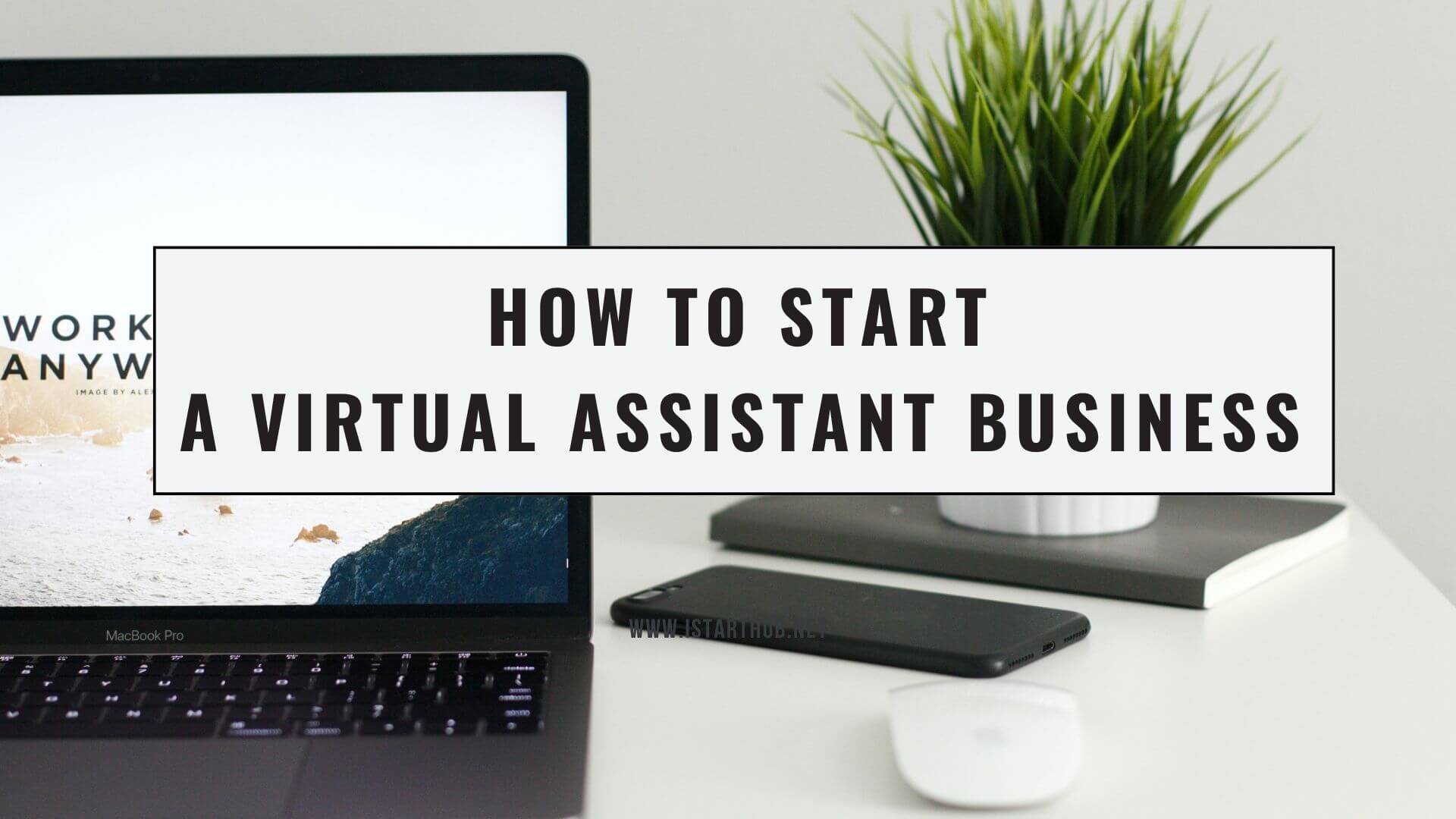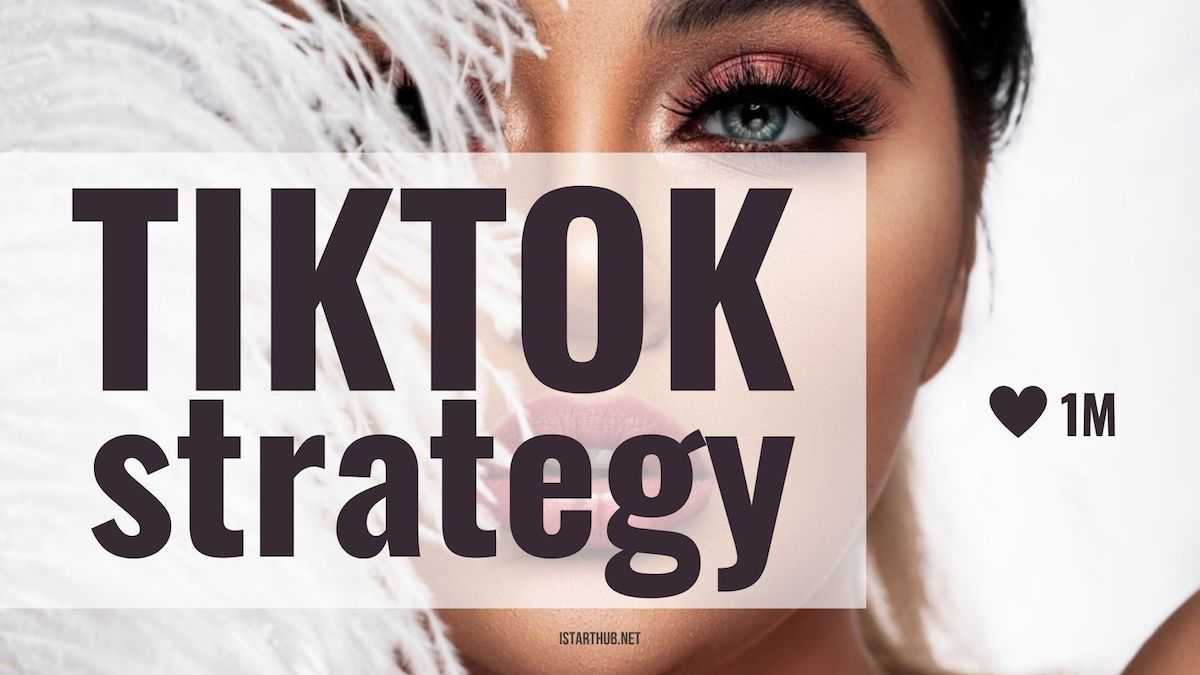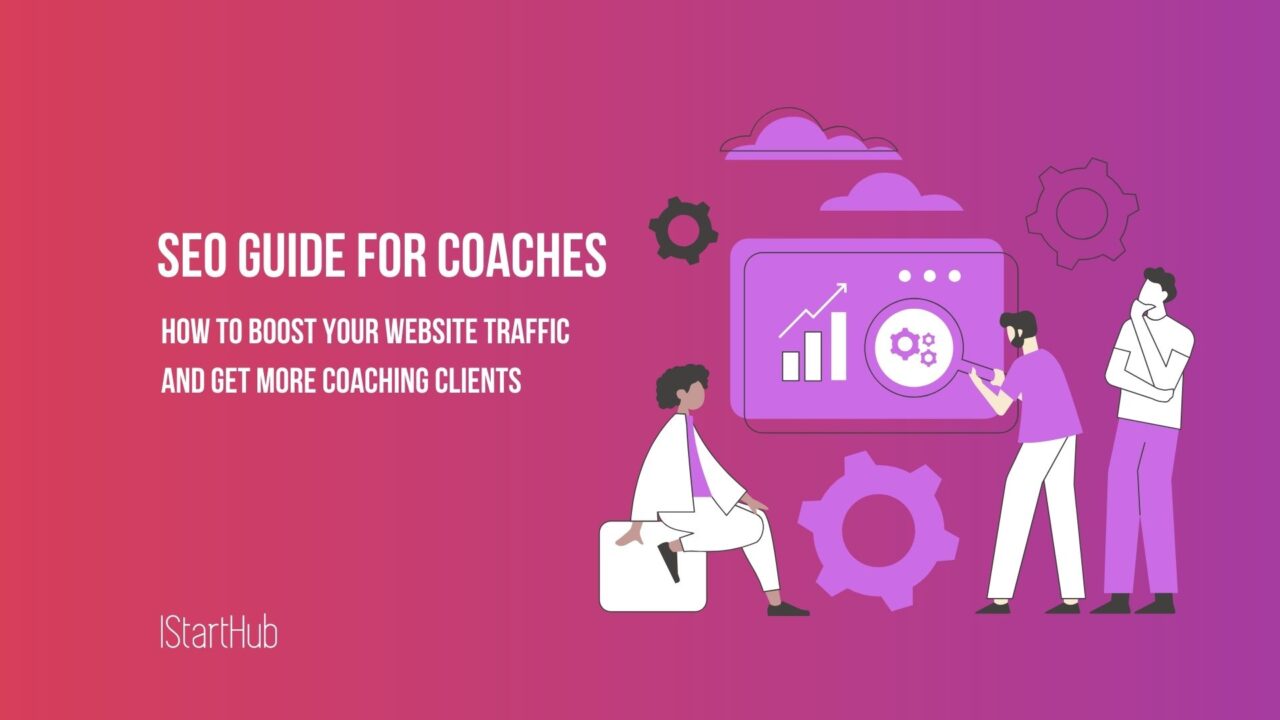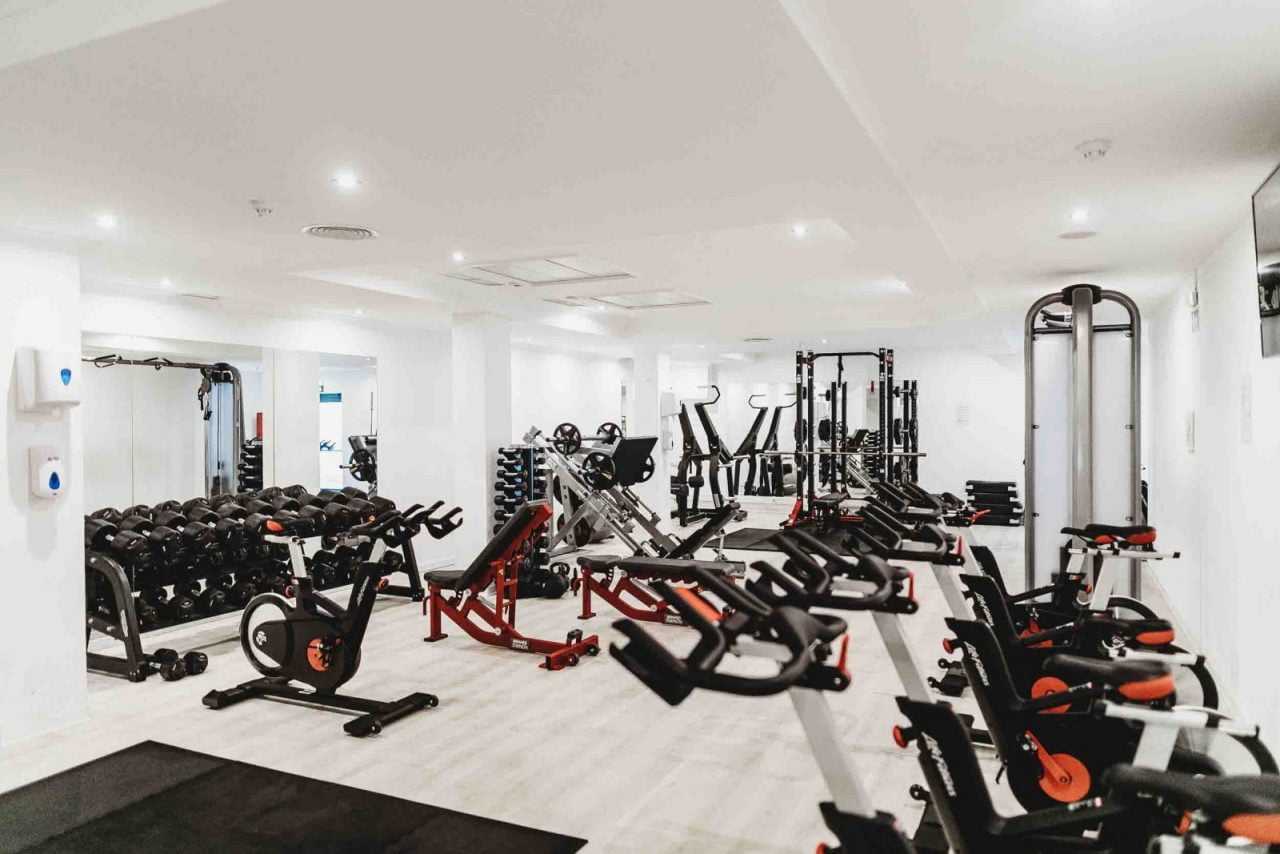To grow a business or make money online, you need a blogging platform that lets you create a blog with full authority. Although there are tons of blogging sites and platforms, not all are worth consideration.
So, in this post, I have compared the top best platforms bloggers, and online business owners like to use.
Best Blogging Platforms & Blog Sites
| Platform | Best For | Price | Website Link |
| 1. WordPress.org | Blogs, Businesses, and eCommerce | Free | Click here |
| 2. Wix | Beginners | Free | Click here |
| 3. Squarespace | Creative Artists & Designers | Free | Click here |
| 4. Joomla | Coding wizards | Free | Click here |
**Note: All platforms mentioned below offer free CMS and website builder, with other design and customization features. However, you need a domain and hosting to get started, which will cost you anything in the range of $50 to $100 a year or above based on the provider and the plan you select.
1. WordPress.org

Image Source: WordPress.org
WordPress.org is one of the most used platforms for blogging that comes with every feature you need to start a blog. In 2003, it was created as a simple blogging platform and evolved into CMS, eCommerce platform, and website builder.
WordPress is an open-source platform and is baked with many plugins & themes to help bloggers create aesthetic, fast loading, and SEO-friendly blogs. The website builder of WordPress is pretty much easy. You will need only a couple of hours to be a master of it.
When I started my first blog on WordPress, I knew nothing. So, I headed over to YouTube Tutorial, WordPress resource center, and created my well-structured blog with good loading speeds. Though I have made some mistakes, as a beginner may have, later on, I added some custom codes in HTML/CSS and was able to fix things on my own.
Even later, when I struggled in technical SEO, I learned and fixed things using WordPress Resources. So, if you are a beginner, an expert blogger, or an established business, WordPress has everything you need to scale and grow.
2. Wix

Image Source: Wix.com
Wix was launched in 2006 as a simple platform with a drag & drop builder. But with time, they improved exponentially and introduced several aesthetic blog templates in different categories, multiple features, and no-code experience.
So, if you are a beginner, you won’t take long hours of learning to get the hang of it. Wix provides quick guides, a complete walkthrough, and 24/7 customer service with a call-back feature. Moreover, users have reported that ‘Wix is more straightforward than WordPress.’ And I agree with it.
It’s been a year since I’m using WordPress to manage my different blogs, but still, I need to watch long YouTube videos, skim through guides and resources and consult with experts if stuck with something. WordPress is so diverse. However, Wix is somewhat easier than WordPress.
Another plus point of using Wix is the ADI builder. ADI builders help you create your dream blog based on a few questions. For example, if you are new to blogging and can’t figure out the best design for your niche, use ADI Builder. It will sort out things for you that you can customize later on.
Furthermore, Wix has everything you need to make your blog SEO friendly and get search traction. Wix has its SEO tool that lets you index pages immediately after creating them. There is no wondering whether your pages have ranked or not.
3. Squarespace

Image Source: Squarespace.com
Squarespace is known for its eye-catchy websites. It alone is powering 3 million websites on the internet and is suited for online and service-based businesses, especially in the design field.
Professionals in the design field need to display gorgeous images to attract leads. If using a simple blog platform with average style pictures, you will be losing on quality stuff. The foundation of a creative industry blog is its aesthetic looks, and this is where Squarespace helps.
Same as Wix, the drag & builder is quite easy. But unlike WordPress, you don’t have to juggle around from the back end to the front end to see how your changes look.
Moreover, the templates directory of Squarespace is no match for Wix or WordPress. Each of its templates and designs is specifically created by designers and creative professionals from industries like home decor, photography, and more. There are also various options to add eCommerce portions, integrate a newsletter, and add domains.
Although there are multiple options in Squarespace to add email opt-in forms, contact forms, landing pages, and add different widgets, unlike WordPress, the customization is limited. You have to make separate efforts to create a mobile-friendly blog, even if you have created the desktop-friendly version.
4. Joomla

Image source: Joomla.org
Joomla is another great web and blog builder with great templates and features. However, it has a steep learning curve. Thus, bloggers with coding knowledge prefer Joomla because they can handle things easily.
It is also an open-source CMS like WordPress and comes with several free templates, plugins, and features to let you start and grow your blog. The platform was launched in 2005 and is backed by expert developers.
It also has advanced SEO features, letting you modify URLs and take complete control of indexing and optimization. Although getting started with Joomla is quite easy, you can download or start creating your blog directly from Joomla’s official website. However, you will need days to get the hang of it.
Best Free Blogging Sites to Start a New Blog
1. Blogger
If you are a passionate blogger with no money to invest in a domain, hosting, and blogging platform, Blogger is the right option for you. It’s a free product by Google and is ideally best for bloggers with a non-technical background.
You can easily start and customize your safe and secure blog within minutes, add content and start getting on the search engines. However, being free, it comes with limited features and customization options.
Note: There are some cases where Blogger has shut down the blogs and its services.
2. Medium
Medium is a web 2.0 platform that lets users contribute new content to an already built audience and engage with other content creators. If you want to start a blog on Medium, you can create your profile, create content and publish it. There is nothing complex you need to spend hours on learning.
The best thing about Medium is its audience. Although its SEO features are good enough to let you rank on top searches and get search traction, staying consistent with epic content creation can make your content go viral.
3. Tumblr
Tumblr is somewhat similar to Medium in that it already has its audience with a feature to start your blog. But it is more like a social platform. People can engage on your blog posts like social media content, and you will be suggested spaces and related to other blogs.
Starting a blog on Tumblr is quick and simple. You need to specify your blog name, it also suggests some available names, a few more questions, selection of the category, and that’s it. Everything is ready to publish new content.
For Tumblr, I believe, if you stay consistent and create content in small chunks, you will attract a vast audience. However, you need to pay attention to something, which is tags. Moreover, the blog content is not limited to text or video; you can blog in images, GIFs, and even audio formats.
But things you need to consider here are limited templates, limited design options, and a full-of-hassle way to migrate your Tumblr blog on any other platform.
Blog Sites & Blogging Platform – FAQs
1. What is the Simplest Blog Platform?
The most straightforward blog platform is Wix. Though many bloggers will say that the simplest one is WordPress, depending on the learning curve, the time needed to solve an issue, and customization, Wix is the easiest. It doesn’t mean that WordPress is complicated. WordPress is a powerful platform with tons of features and options, making things confusing for beginners.
2. What is the Most Useful Blogging Platform?
WordPress is the most advanced blogging platform with advanced SEO, customization, design, security, and blog growth features. It is an open-source platform with flexible features. So If you want to add something additional which isn’t available already, you can add custom codes to have a dream blog.
3. How to Start a Blog on a Blogging Platform?
Starting a blog on a blogging site is easy. You need a domain and hosting and install the blogging platform. Once the installation is complete, you will access templates, designs, and other customization options.
4. Is Blogger Good for SEO?
Yes, as for a beginner level, blogger is good for SEO. Many blogs hosted on Blogger rank well on the top searches and get high search traction. But if you want seamless growth, it is best to move on to a paid blogging platform.
5. Do I need Domain & Hosting for Free Blogging sites?
No, you do need a domain or hosting provider for a free platform. Free blogging sites like Medium, Blogger, and Tumblr comes with subdomains, for example:
- HTTPS://[your_blog_name].tumblr.com, &
- HTTPS://[your_blog_name].blogspot.com/
Bushra is a Freelance Writer and Blogger at AffiateTour. She is passionate about SEO and Content Marketing and helps businesses grow with related stories and strategies.







